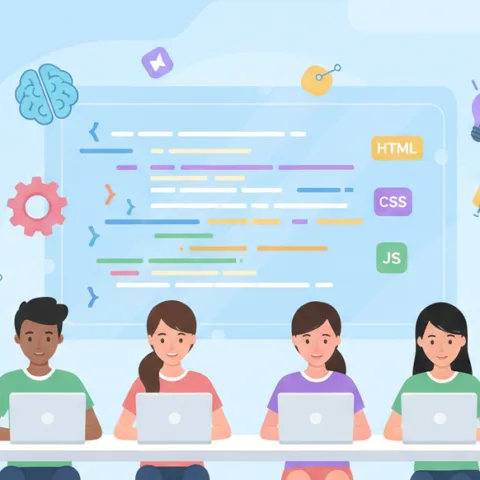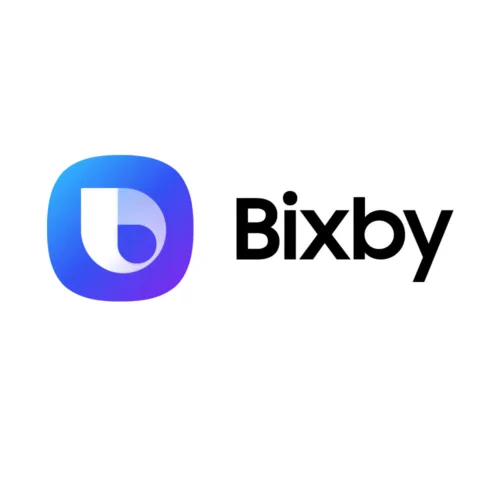
How long can you stand not accessing internet through your computing devices? Many have admitted that internet has no longer become their tertiary need, but secondary need. APJII (Association of Internet Service Operator Indonesia) summed up about the landscape of tech users in 2014 in its research publication, stating that 84 percent of the respondents access internet daily, with most of them spend 3 to 5 hours a day browsing on internet.

It’s an interesting fact for a 250 million-populated developing country, making it so attractive for tech operators like social media (Facebook, Twitter, or Path) and internet giants like Google. It’s undeniable that the highest percentage of it comes from the segmentation of consumers, as they utilize or rent the existing services to fulfill their needs.
Being Dominated by Consumers, Indonesia Is a Digital Data Producer
Take a look at your timeline. Haw long does it take for it to change?Is it 15 minutes, 5 minutes, or only seconds? It shows how vast the digital data generated by Indonesians is on a daily basis. For some, the data would be extremely precious that it can be managed to create so many things, from, market analysis to business projection, population demographic analysis, and many more.
We’ve heard a lot about big data, data mining, data warehouse and others, all share one objective, which is to turn a collection of data into a more important information called insight. There are more and more who start realizing about this that they start processing the data they possess.
An Opportunity to Grow
The high level of internet penetration in Indonesia indicates the Indonesians’ habit transformation. Can this be perceived as the trigger for Indonesia to develop fuether? The fact shows that there are plenty of things that become broader and more efficient because of technology, just take a look at communication as an example.
Another sector like education will also grow bigger due to the tech implementation. Long-distance learning sessions definitely need technology to run. The tourism industry, which contributes so much to Indonesian revenue, also utilizes technology to scale up, as it allows the industry to discover new information distribution methods.
A Distribution Media
Within the same research publication, APJII revealed that the number Indonesian internet users in 2014 reached 88 million, with those living in Java and Bali dominated the list. However, the contribution of users living outside those two areas also kept growing with Sumatera having 18,5 million users, Kalimantan with 4,2 million users, Sulawesi (7,3 million) and Papua (5,9 million).

Distribution equality has become the main theme all this time. This significant spread of internet access may reduce the gap, as it may enable the people in distant areas to keep in touch with the people in the central government.
The internet distribution trend also educates people. Now, more and more people have the courage to voice their opinion or criticism in public spaces. The openness of information has driven people.
A Place for Creativity
The trend of tech-startup in Indonesia keeps growing significantly. Some even have showcased their capabilities in international sphere. It indicates that local players soon will have what it takes to compete, not only as consumers, but also as producers as well.
This exceptional spirit of Indonesians, especially the youth, must be taken into consideration by the policy makers in the sense that they should protect the local industry. By providing various supports and assists in issuing permit and taxation, they would surely have the industry growing.
What Are the Risks?
There are always two sides of coin. While talking about the positive aspects of internet, we should also discuss about the negative impacts as well. The massive amount of content may result on bad filtration. There would be more irresponsible imbeciles who use internet for negative purposes.
Strengthening the cyber safety would be the most rational response to this. It’s important to educate the people about the benefits and dangers of internet. School would be one of perfect media to do so, so that our next generation can properly make use of facilities.










